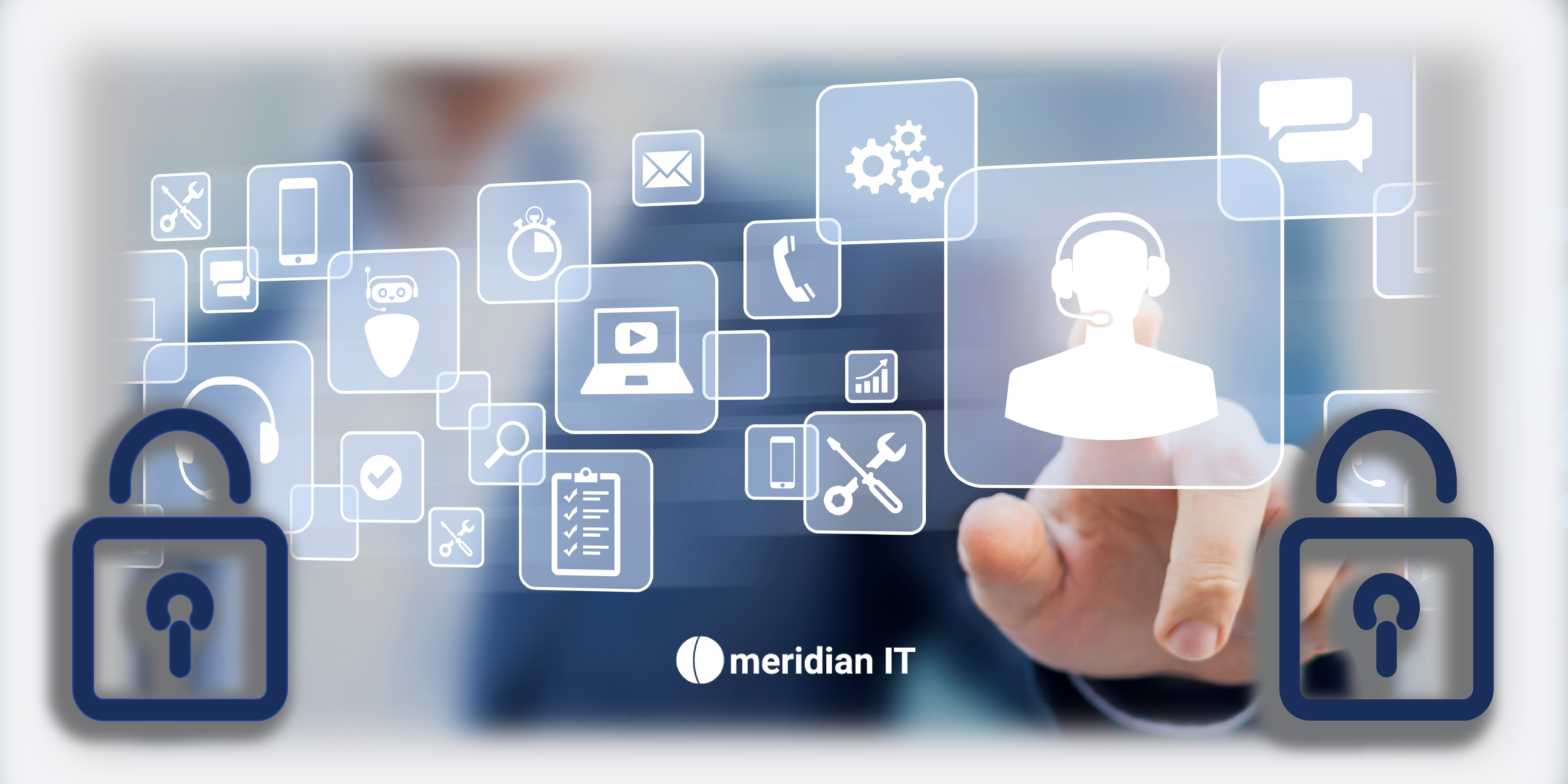In today's hyper-connected business landscape, unified communications (UC) is no longer just a convenience - it's a necessity. Combining voice, video, messaging, and collaboration tools into a cohesive platform, UC fosters seamless interaction and collaboration, enhancing productivity and efficiency. However, integrating multiple communication channels also exposes businesses to various security risks. Let's explore the importance of securing unified communication and learn how to mitigate potential risks.
Why Unified Communications Security Matters
Unified communications systems bring numerous benefits, but they also introduce new vulnerabilities. Here are three key reasons why UC security should be a top priority for any business:
- Data Confidentiality: Communication channels often carry sensitive information such as client details, financial data, and proprietary information. Ensuring this data remains confidential protects your business and maintains client trust.
- Operational Continuity: Cyberattacks on UC systems can disrupt business operations, leading to significant downtime and financial losses. Securing your communications helps ensure operational continuity and reduces the risk of interruptions.
- Compliance Requirements: Many industries are subject to strict data privacy and security regulations. Ensuring your UC system is secure helps you comply with these regulations and avoid potential penalties.
Common UC Security Threats
Understanding the types of threats you might face is essential to protect your unified communications effectively. Here are some common UC security threats.
- Phishing Attacks: Cybercriminals use phishing emails and messages to trick employees into revealing sensitive information or installing malware.
- Eavesdropping: Hackers can intercept unencrypted communications to listen to conversations and gather sensitive information.
- Denial of Service (DoS) Attacks: DoS attacks can overwhelm UC systems with traffic, rendering them inoperable and disrupting business operations.
- Malware and Ransomware: Malicious software can infect your UC systems, compromising data integrity and availability. Ransomware attacks can look you out of critical communication tools until a ransom is paid.
Best Practices for Securing Your Unified Communications
Protecting your UC system requires a multi-faceted approach. Here are some best practices to help secure your business communications:
- Implement End-to-End Encryption: Encryption is the cornerstone of UC security. Encrypting your communications ensures that even if data is intercepted, unauthorized parties cannot read it.
- Use Secure Passwords and Authentication Methods: Strong, unique passwords combined with multi-factor authentication (MFA) provide an additional layer of security, making it more difficult for cybercriminals to gain access to your UC systems.
- Regularly Update and Patch Systems: Keeping your UC software and hardware up to date with the latest security patches helps protect against vulnerabilities that cybercriminals could exploit.
- Monitoring and Audit Communications: Regularly monitoring and auditing your UC activities can help you quickly detect and respond to suspicious behaviors or potential breaches.
- Educate Employees: Employees are often the first line of defense in UC security. Regular training sessions focusing on recognizing phishing attempts, using secure passwords, and adhering to company security policies can significantly reduce the risk of human error.
- Deploy Firewalls and Intrusion Detection Systems: Firewalls and intrusion detection systems can help detect and block unauthorized access attempts, safeguarding your UC infrastructure.
Ready for the Change?
In the digital transformation era, protecting unified communications is more crucial than ever. By understanding the potential threats and implementing robust security measures, you can safeguard your business communications, ensure operational continuity, and maintain regulatory compliance. With the right approach to UC security, you can fully leverage the benefits of unified communications while minimizing the associated risks.
Remember, an investment in secure communication is an investment in your business's future. Prioritize UC security and proactively protect your company's most important asset: your information.
Contact us today to discuss how we can enhance the security of your unified communications system. Check out our mCollab solutions page and schedule a consultation today!




